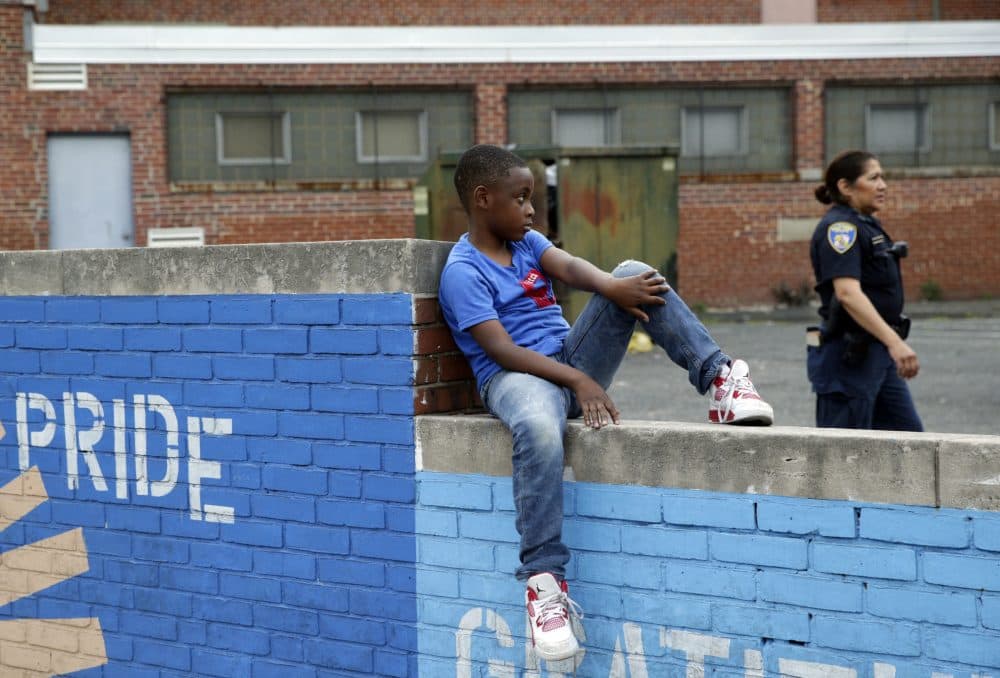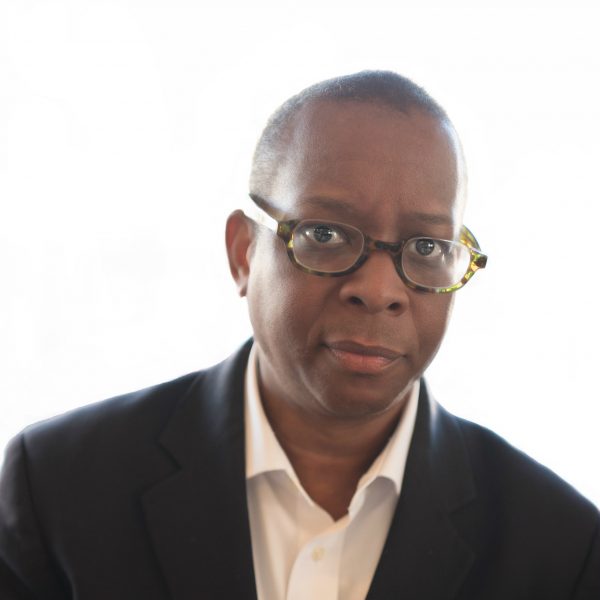Advertisement
Commentary
Cops Over Citizens: The Unraveling Of Obama-Era Policing Reform

U.S. Attorney General Jeff Sessions has signaled his predilection for cops over citizens when it comes to police abuses and justice in black communities across the nation. In a disturbing memo released late last month, Sessions reversed Obama-era progress aimed at tamping down tensions between law enforcement and citizens of color who complain about overzealous policing.
In his memo, Sessions directed his Department of Justice to "review" reform agreements underway in major cities to gauge whether they treat the police fairly. In other words, he's putting a kibosh on deals already in the works between police departments and communities of color that Obama’s Department of Justice had encouraged.
Sessions' stance hearkens back to states’ rights rhetoric from the civil rights era of the 1950s and 1960s, where bigoted whites wanted the federal government to stay out the way while they discriminated against blacks in the South.
In cities like Baltimore and Ferguson, Missouri, law enforcement agencies were nearing agreements with community members, hoping to create better relationships after tense, military-like showdowns and riots over police conduct in recent years. In Ferguson, mostly young black protesters clashed with local law enforcement following the 2014 police murder of Michael Brown, a black teenager accused of robbing a grocery store. And in Baltimore, Freddie Gray, a black man in his 20s, was found dead in the back of a police vehicle after being taken into custody in 2015.
Obama’s Justice Department responded to these events by encouraging sweeping reforms in local police departments — such as reviewing "use of force" policies, forging ongoing community partnerships, and increasing diversity in officer ranks — that would lead to enhanced police training.
Whereas Sessions argues, in his recent memo, that “local control and local accountability are necessary for effective policing" and that "it is not the responsibility of the federal government to manage non-federal law enforcement agencies.”
That’s just diplomatic double-talk for his hands-off approach of returning policing authority to local law enforcement. It grants the city or town police sole sway in how they interact with communities of color, without civilian input. Sessions' stance hearkens back to states’ rights rhetoric from the civil rights era of the 1950s and 1960s, where bigoted whites wanted the federal government to stay out the way while they discriminated against blacks in the South.
Advertisement
The attorney general's actions are suspect and not to be trusted. They privilege police practices that have historically abused civilian rights. They cover up the actions of poorly trained police officers who engage in racial profiling.
“Some of the most important work that was carried out by the Justice Department's Civil Rights Division over the last eight years ... was this work to promote policing reform among some of the most broken police department across our country,” said Kristen Clarke, president of the Lawyers Committee for Civil Rights Under Law, on NewsOne Now recently.
“It's shameful that the attorney general is taking this step less than two months into his tenure to undo some of the critical work that ... [has been] put in place to help get these police department on a better path," Clarke continued. "We all want safe communities but the reality is that these police departments have a history, a long history of trumping people’s constitutional rights.”
That’s well said. And it highlights how regressive Sessions is on law enforcement. It puts in bold relief his disdain for the safety of many law-abiding blacks who interact with the police in high crime areas. The murders of young unarmed black men in recent years are proof for anyone that tangible hostility exists between segments of the black community and local police.
The Obama-era police reforms under former Attorney General Eric Holder were aiming to get law enforcement and community members at the same table to discuss police conduct and comportment — especially surrounding controversial arrests and police shootings. Obama’s Justice Department was focused on building relationships that have been at odds for decades, specifically in Baltimore where Holder pushed for reforms that included changing the city’s “stop and frisk” policies.
Obama’s Justice Department was focused on building relationships that have been at odds for decades, specifically in Baltimore where Holder pushed for reforms that included changing the city’s “stop and frisk” policies.
Sessions’ move will retard the good will built in recent years. It will suspend dialogue in some cities and extinguish the likelihood that common ground will be reached.
Perhaps the best thing to do in the meantime is encourage cities to independently pursue efforts already in the works to bridge the division between the police and the black community. But this alone isn’t enough when it’s clear a constructive partnership between the police and the community — orchestrated and enforced by the federal government — is the only answer.
Only then might the two sides find reasonable solutions that build trust over time. Only then will acerbic communications soften to careful compromise, empathetic listening and honest dialogue so that lives are respected and ultimately protected. Only then can human barriers be peacefully breached and broken fences mended.
